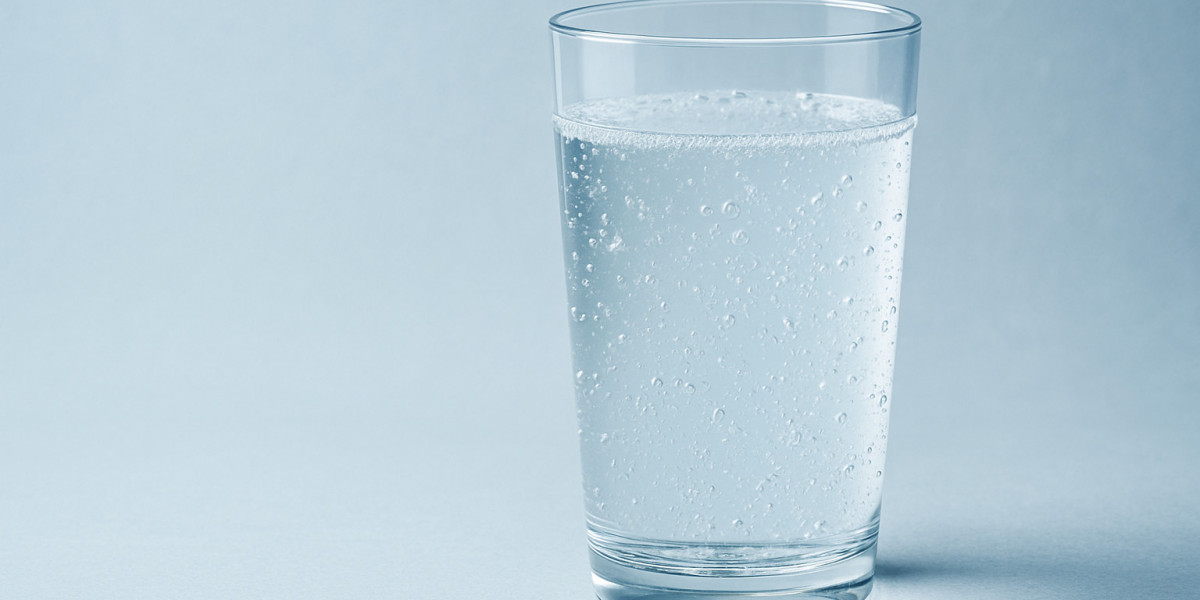When it rains, the sight of clean drops falling from the sky can make rainwater seem pure and refreshing. However, the question many people ask is: “Is rainwater safe to drink?” While rainwater is naturally clean at its source, several factors influence its safety for human consumption.
Understanding Rainwater Composition
Rainwater starts as vapor that condenses in the atmosphere. In its purest form, it’s free from salts, minerals, and contaminants found in groundwater or tap water. However, as raindrops fall through the air, they can collect pollutants such as dust, smoke, and microscopic particles. When rainwater reaches the ground, it may also absorb impurities from roofs, gutters, and storage containers. These contaminants can introduce bacteria, chemicals, or heavy metals into the water, making it potentially unsafe to drink without treatment.
Health Concerns and Potential Contaminants
Rainwater can carry harmful microorganisms such as bacteria, viruses, and parasites. If it’s collected in an open container or stored improperly, it becomes more susceptible to contamination. Additionally, air pollution and industrial emissions can result in acid rain, which contains harmful compounds like sulfur dioxide and nitrogen oxides. Consuming such water may lead to health issues, especially for individuals with weak immune systems or pre-existing medical conditions.
Making Rainwater Safe to Drink
While untreated rainwater is not recommended for direct consumption, it can be made safe through proper filtration and purification methods. Modern water filtration systems, such as those offered by One Green Filter, can remove harmful bacteria, sediments, and chemicals, transforming collected rainwater into clean, drinkable water. The purification process typically includes:
Sediment filtration to remove physical debris.
Activated carbon filtration to eliminate odors and organic contaminants.
UV or reverse osmosis treatment to neutralize harmful microorganisms.
By using these technologies, households can safely utilize rainwater for drinking, cooking, and daily use while reducing dependency on municipal water sources.
Environmental and Sustainable Benefits
Using rainwater is an eco-friendly choice that supports water conservation and sustainability. Collecting and filtering rainwater reduces the strain on local water systems, lowers utility costs, and promotes a self-sufficient lifestyle. It’s a valuable step toward creating a greener future, especially in regions prone to water scarcity.
Final Thoughts
So, is rainwater safe to drink? The answer depends on how it’s collected and treated. Untreated rainwater should not be consumed directly due to potential contaminants, but with advanced purification systems from One Green Filter, it can become a reliable and safe source of drinking water. Investing in proper filtration ensures your family enjoys clean, healthy water straight from nature—sustainably and safely.








